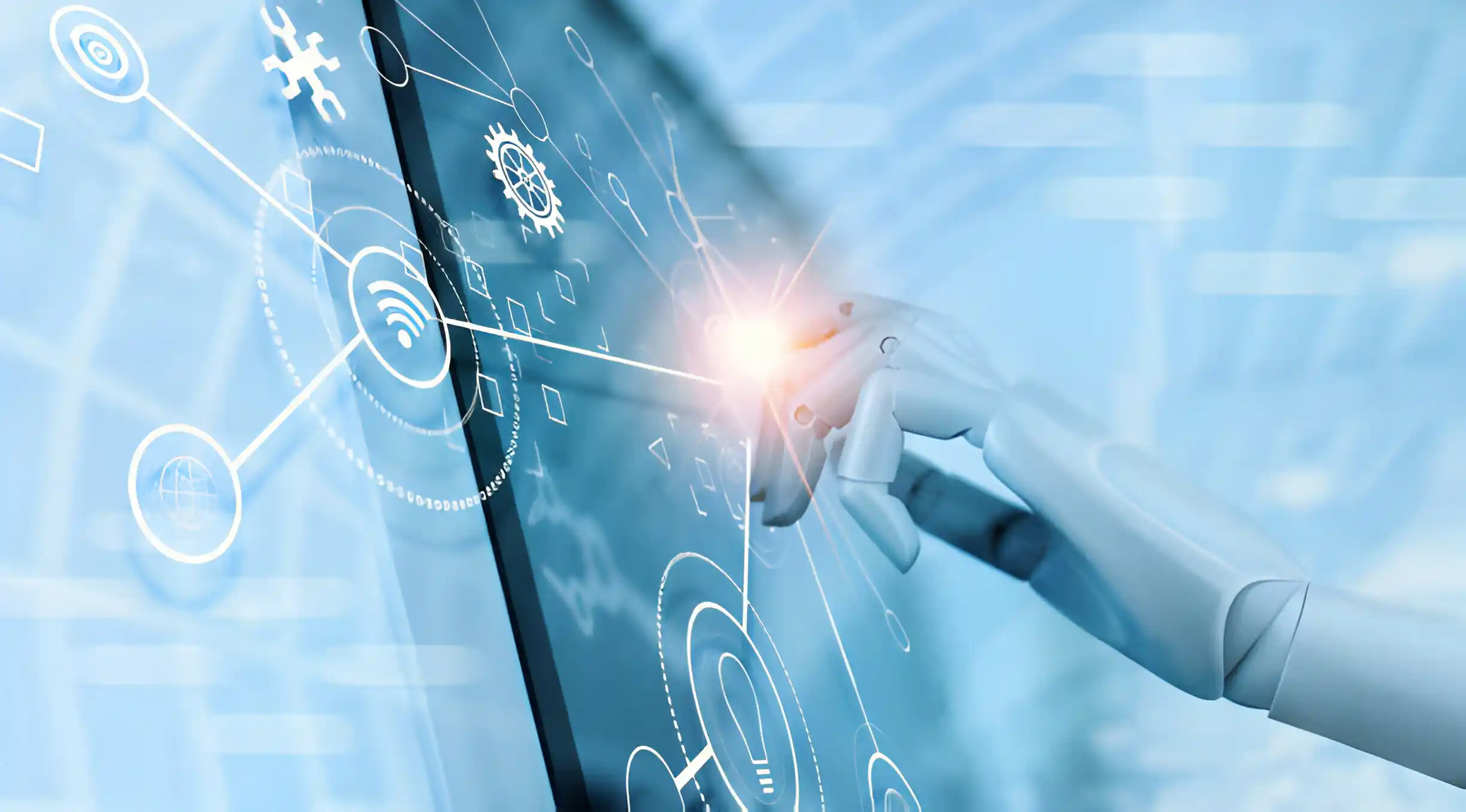The scope of artificial intelligence (AI) is vast and continues to expand as the technology evolves. AI has the potential to impact various sectors and aspects of human life.
Automation and Robotics:
-
- AI is used to automate routine and repetitive tasks, enhancing efficiency in industries like manufacturing and logistics. Robotics, powered by AI, is also advancing in areas such as autonomous vehicles and drones.
- Healthcare:
- AI contributes to medical diagnostics, drug discovery, personalized medicine, and patient care. It helps in analyzing large datasets to identify patterns and predict disease outcomes.
- Finance:
- AI is employed for algorithmic trading, fraud detection, risk assessment, and customer service in the financial industry. Education:
- AI technologies, including personalized learning platforms and intelligent tutoring systems, are shaping the future of education by adapting to individual student needs and providing interactive learning experiences.
- Natural Language Processing (NLP):
- NLP allows machines to understand and generate human language. This is utilized in virtual assistants, chatbots, language translation, and sentiment analysis.
- Customer Service:
- AI-powered chatbots and virtual assistants are increasingly being used to provide efficient and instant customer support. These systems can handle routine inquiries and assist users.
- E-commerce:
- AI enhances the shopping experience through recommendation systems, personalized marketing, and chatbots. It helps in analyzing customer behavior to optimize product suggestions.
- Cybersecurity:
- AI is used for threat detection, anomaly detection, and cybersecurity analytics. It helps in identifying and responding to security breaches more effectively.
- Entertainment:
- AI plays a role in content recommendation on streaming platforms, game development, and the creation of virtual characters. It is used to enhance user experience in the entertainment industry.
- Smart Cities:
- AI contributes to the development of smart city solutions, including traffic management, energy optimization, and predictive maintenance of infrastructure.
- Agriculture:
- AI is utilized for precision farming, crop monitoring, and predictive analytics to optimize agricultural practices and increase yields.
- Research and Development:
- AI accelerates scientific research by analyzing vast datasets, simulating experiments, and aiding in the discovery of new patterns or compounds.
- Human Resources:
- AI is used in recruitment processes, employee engagement, and workforce analytics to streamline HR operations and improve decision-making.
- Climate Change and Sustainability:
- AI technologies are applied to monitor environmental changes, optimize energy consumption, and support sustainable practices in various industries.
The scope of AI is continually expanding, and its potential applications are diverse. As technology advances, AI is likely to play an increasingly crucial role in shaping the future across various domains.
